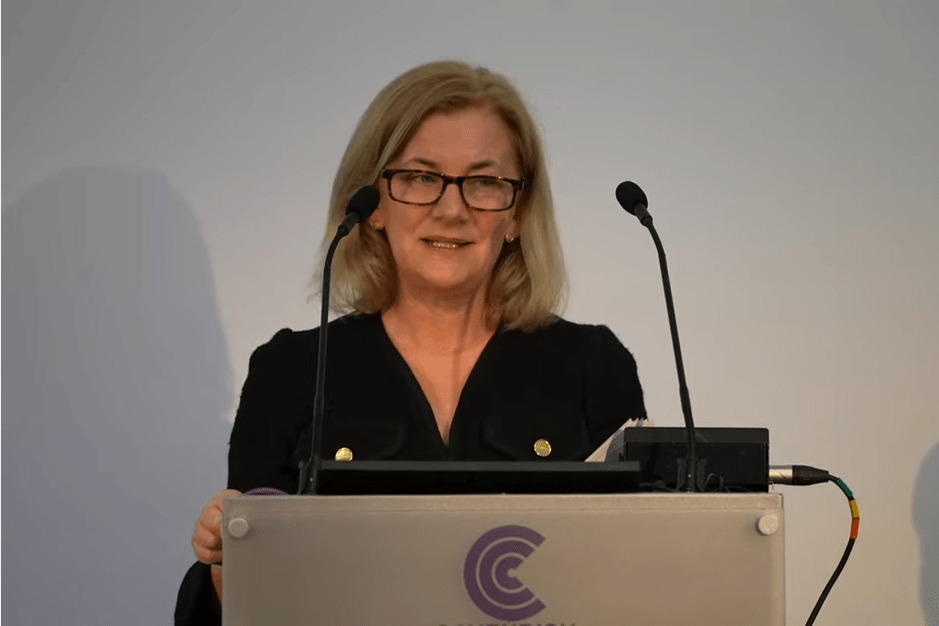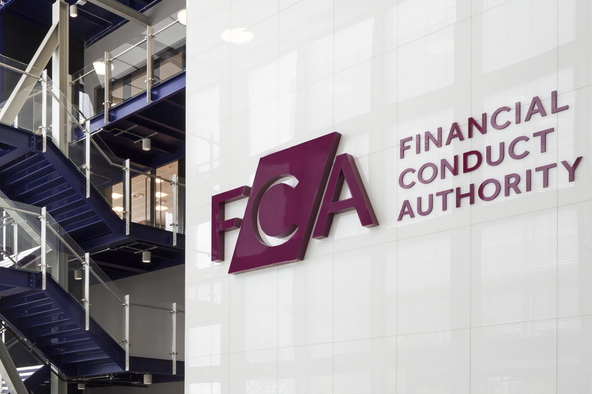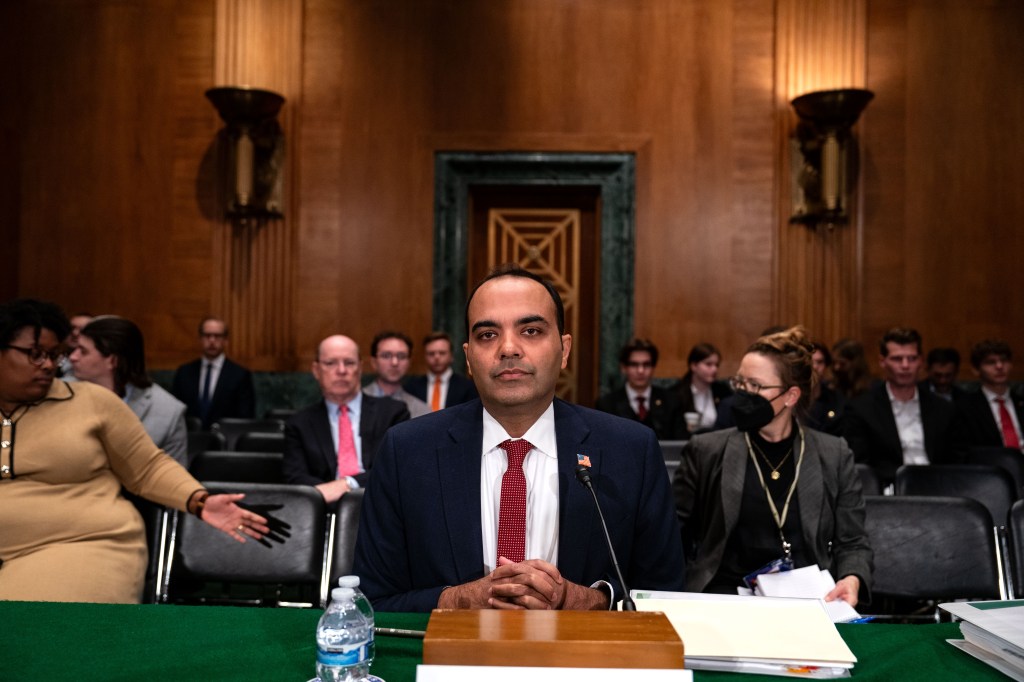The 2023 edition of fintech’s biggest annual event saw a host of key industry players focus heavily on AI as they kicked off three days of talks.
For the last few years, blockchain has been the word on everyone’s lips, hailed as a revolutionary technology poised to transform fintech. With the advent of ChatGPT, that focus has shifted to AI. Each of the over 350 speakers across sectors ranging from insurance to regtech, from open banking to cloud, were talking about the pervasive reach of AI technology.
“You can see the duality of the situation- wonderful potential and huge risks. More ominously, in enforcement of civil liberties, we could have peoples’ thoughts being interpreted when they don’t want them to be,” said George Beattie, Head of Innovation, CFC, in a speech titled A Dangerous Decade: The Insurance Industry’s Mission to Stay Relevant.
“We may get telepathy in the next decade. In the longer term we may get brain to brain hacking. You have data in your brain – if I can hack you, we will have a whole new load of liability situations, a new realm of cybersecurity issues to deal with. Making sense of these challenges is a huge issue.”
Tough time for regulators
Bringing parts of the regulation ecosystem together was key going forward, said CEO of The RegTech Association, Deborah Young, speaking on Regulation in Uncertainty. Focussing on three players – institutions, regulators, and regtech firms – she said collaboration was key.
“Economic and geopolitical pressures, new regulations required for digital assets, ensuring systemic stability, protecting consumers, and ESG considerations – all these make it one tiring day for a regulator right now.”
Deborah Young, CEO, The RegTech Association
“We won’t have a single talk here that doesn’t focus on AI,” Young said. “Regulation should bring certainty, especially when we’re experiencing volatility in the pace of change. Economic and geopolitical pressures, new regulations required for digital assets, ensuring systemic stability, protecting consumers, and ESG considerations – all these make it one tiring day for a regulator right now, and that doesn’t even account for the pace of change.”

But she stressed that there is not sufficient funding, while 60% of regulators would rarely or do not engage with regtech at all.
“There’s concern about the capability of regtech vendors, who research suggesting they need to develop skills beyond policy alone,” said Young. “But I’ve seen some amazing developments in the regulatory landscape and a real cultural shift. Since 2019, we have gone from 13 months to 9.3 months on average to have a solution fully deployed, so we are making progress.”
Despite this, some 75% institutions had an increased appetite for regtech solutions. Young concluded that in reality, consumers are driving regtech adoption, since the the efficiency, productivity, safety, and transparency tech can bring allow resources to be focussed on customers and customer data.
Other highlights
Model and activist Lily Cole opened proceedings outlining the importance of new, care-led strategic approaches in a world faced with accelerating climate risks, financial inequality, and the increasing global complexity of money.
Waze co-founder Uri Levine spoke on entrepreneurialism and the need for a customer-focussed approach. “Banks need to think about their next product, who the customers are, what do they want and what is the value they can bring to their customers. If you’re not solving a problem, forget to develop a product,” he said.

















